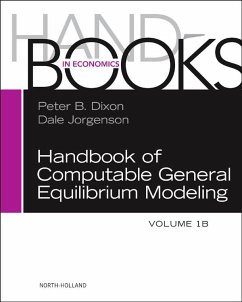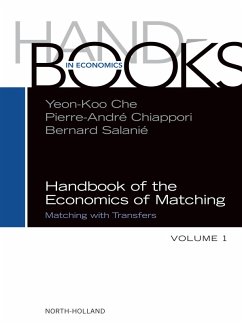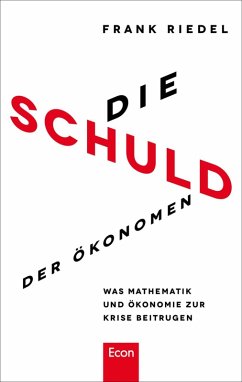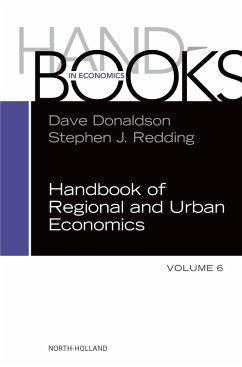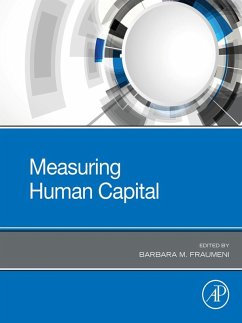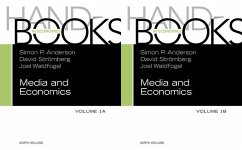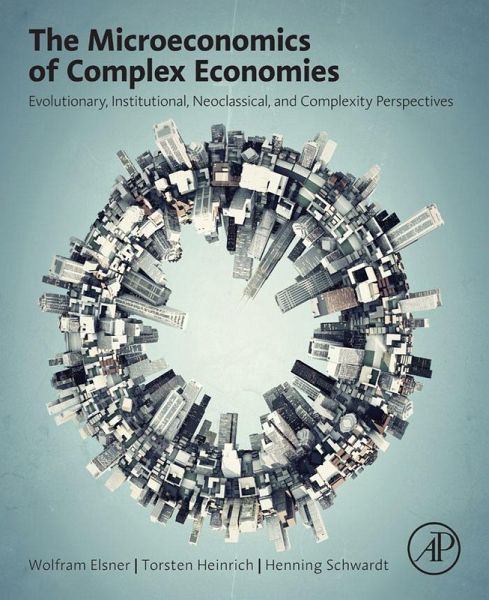
The Microeconomics of Complex Economies (eBook, ePUB)
Evolutionary, Institutional, Neoclassical, and Complexity Perspectives
Versandkostenfrei!
Sofort per Download lieferbar
49,95 €
inkl. MwSt.
Weitere Ausgaben:

PAYBACK Punkte
25 °P sammeln!
The Microeconomics of Complex Economies uses game theory, modeling approaches, formal techniques, and computer simulations to teach useful, accessible approaches to real modern economies. It covers topics of information and innovation, including national and regional systems of innovation; clustered and networked firms; and open-source/open-innovation production and use. Its final chapter on policy perspectives and decisions confirms the value of the toolset. Written so chapters can be used independently, the book includes an introduction to computer simulation and pedagogical supplements. Its...
The Microeconomics of Complex Economies uses game theory, modeling approaches, formal techniques, and computer simulations to teach useful, accessible approaches to real modern economies. It covers topics of information and innovation, including national and regional systems of innovation; clustered and networked firms; and open-source/open-innovation production and use. Its final chapter on policy perspectives and decisions confirms the value of the toolset. Written so chapters can be used independently, the book includes an introduction to computer simulation and pedagogical supplements. Its formal, accessible treatment of complexity goes beyond the scopes of neoclassical and mainstream economics. The highly interdependent economy of the 21st century demands a reconsideration of economic theories. - Describes the usefulness of complex heterodox economics - Emphasizes divergences and convergences with neoclassical economic theories and perspectives - Fits easily into courses on intermediate microeconomics, industrial organization, and games through self-contained chapters
Dieser Download kann aus rechtlichen Gründen nur mit Rechnungsadresse in A, B, BG, CY, CZ, D, DK, EW, E, FIN, F, GR, HR, H, IRL, I, LT, L, LR, M, NL, PL, P, R, S, SLO, SK ausgeliefert werden.







